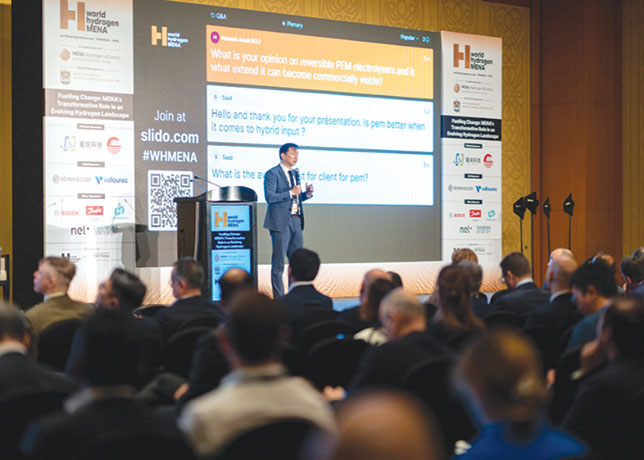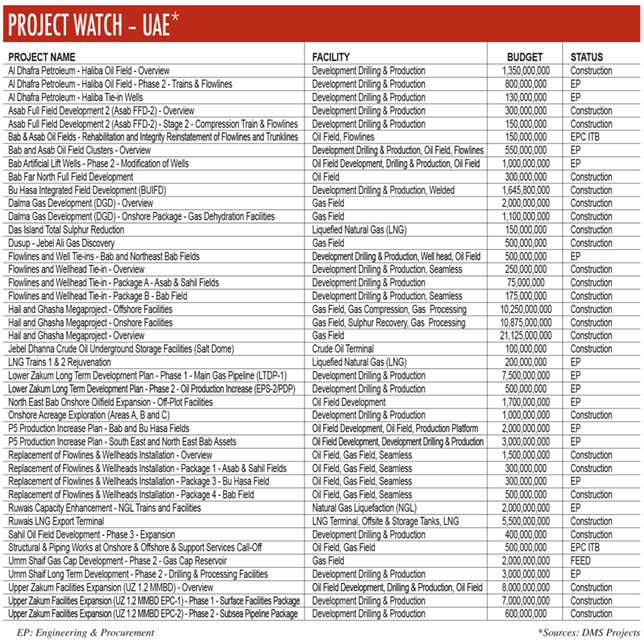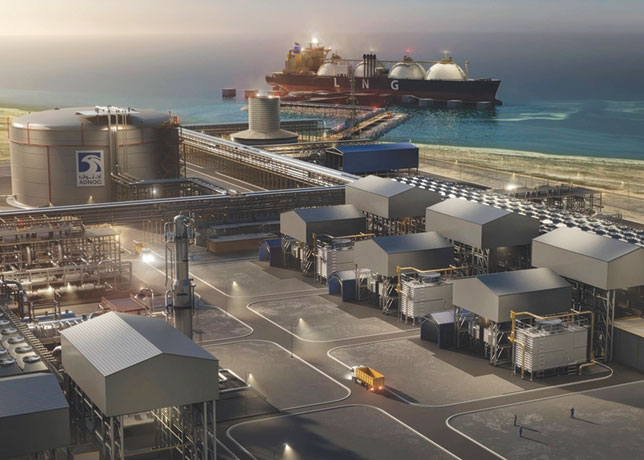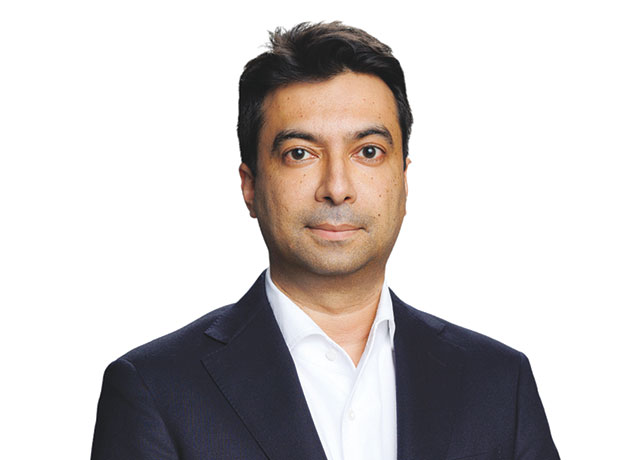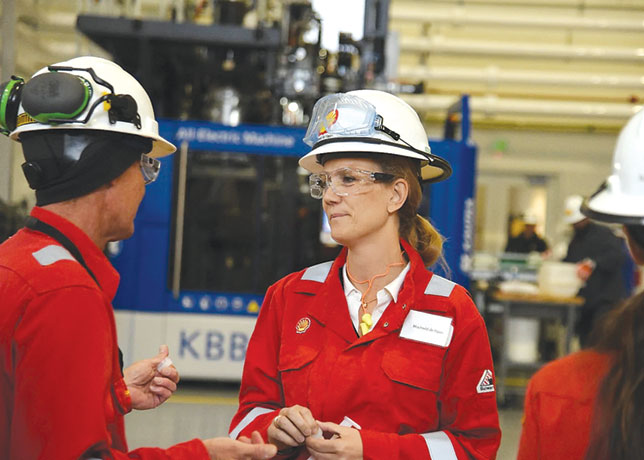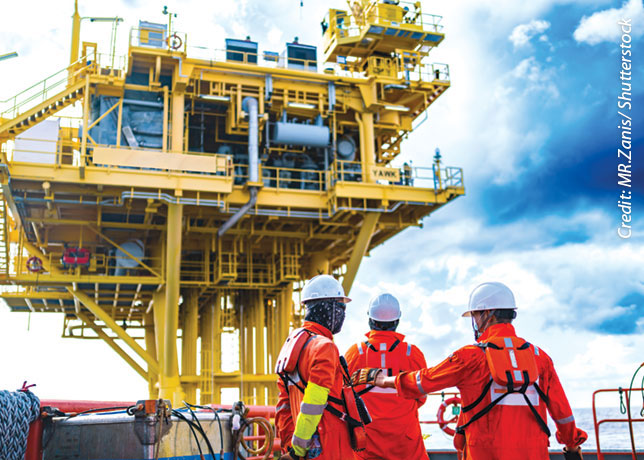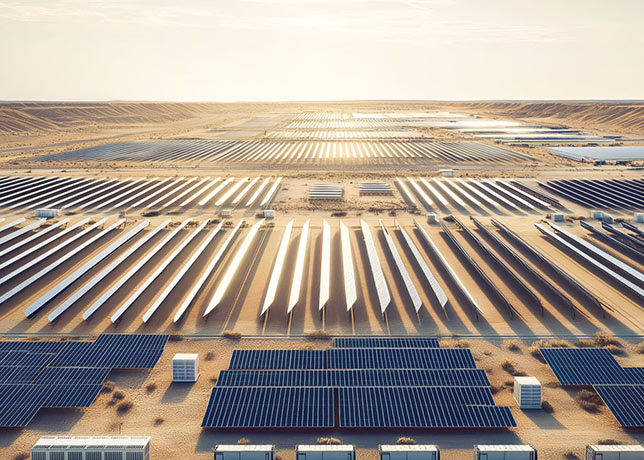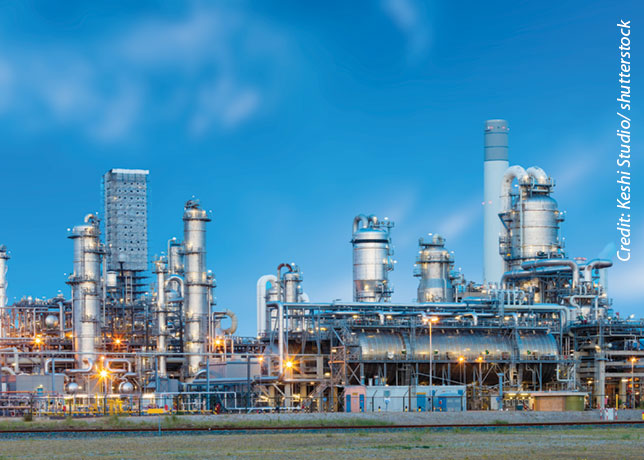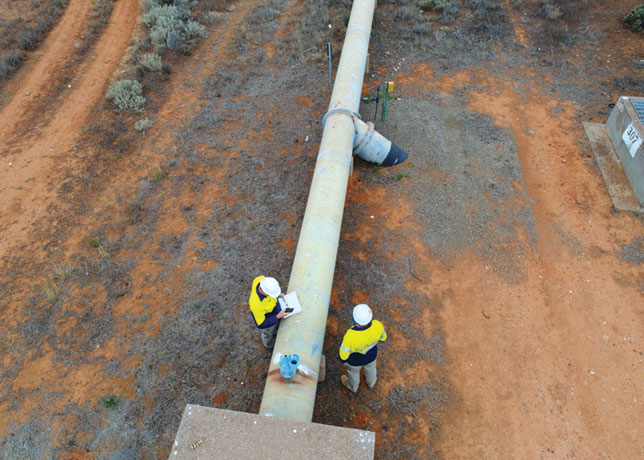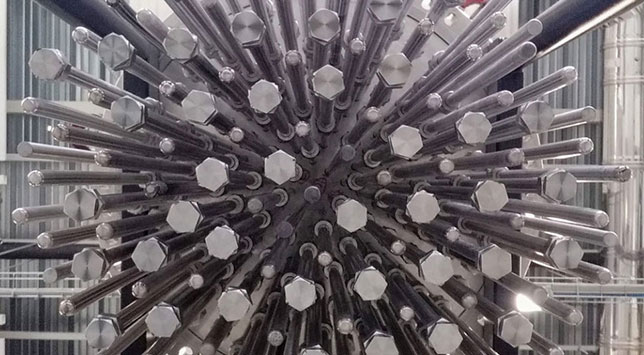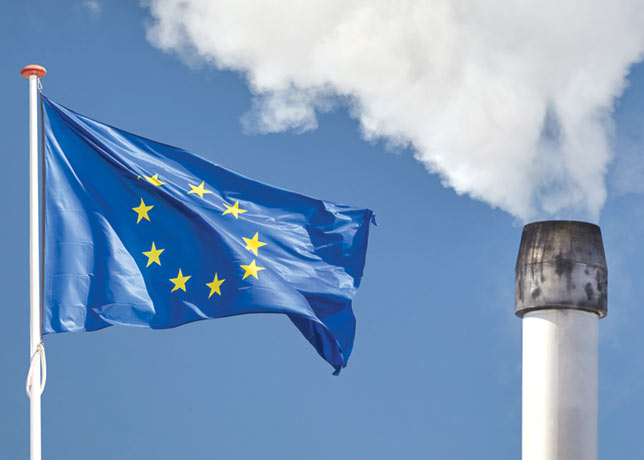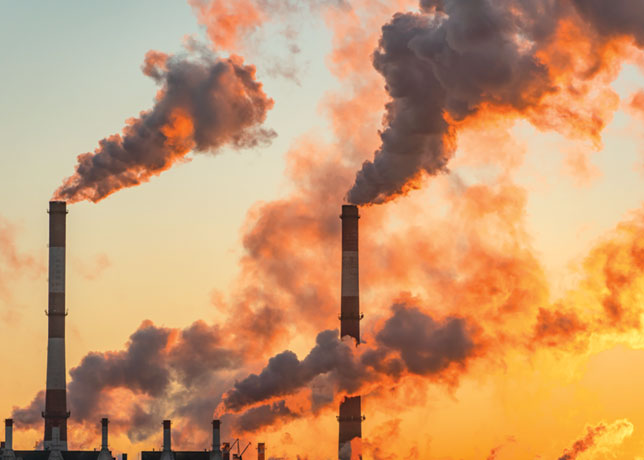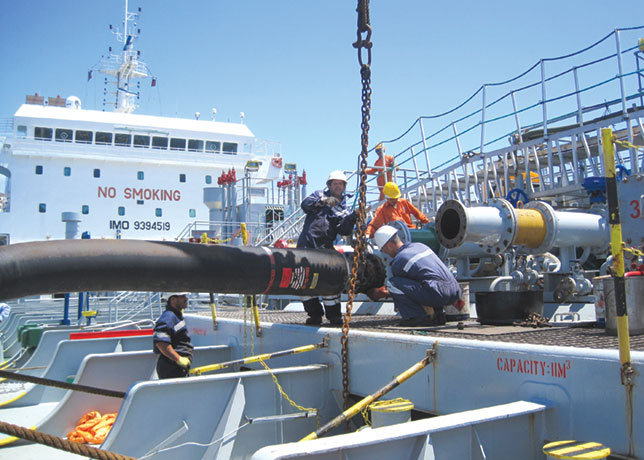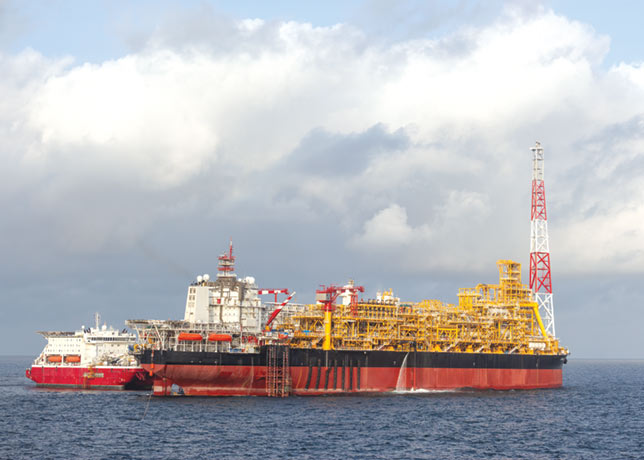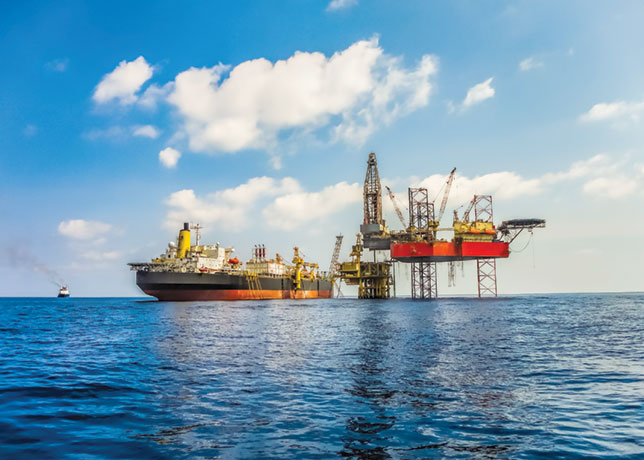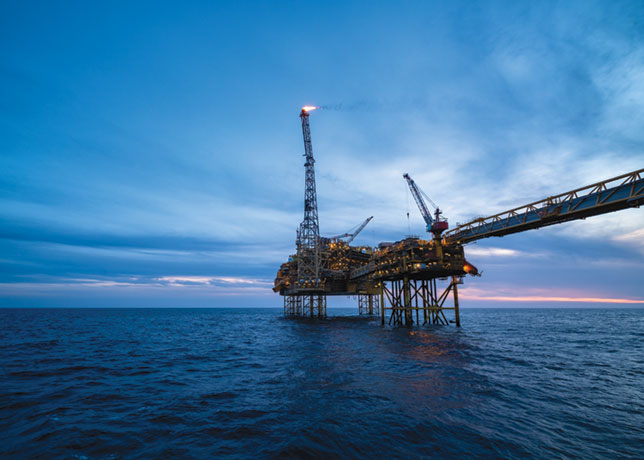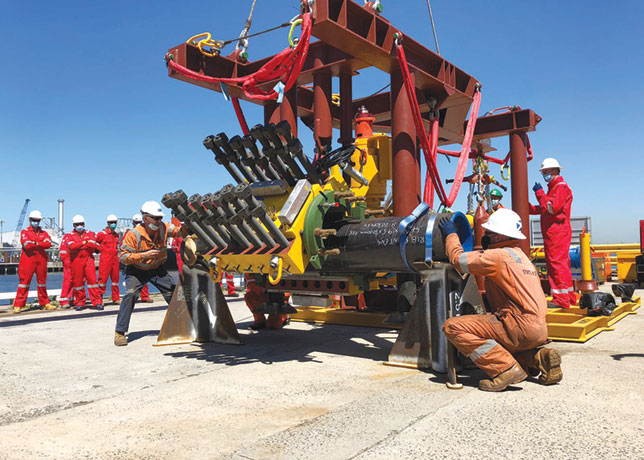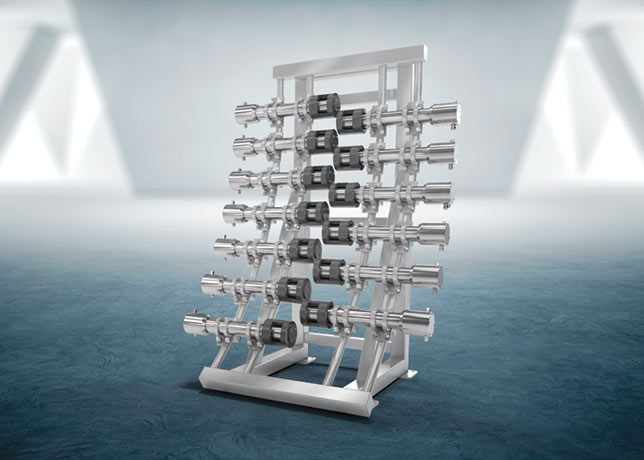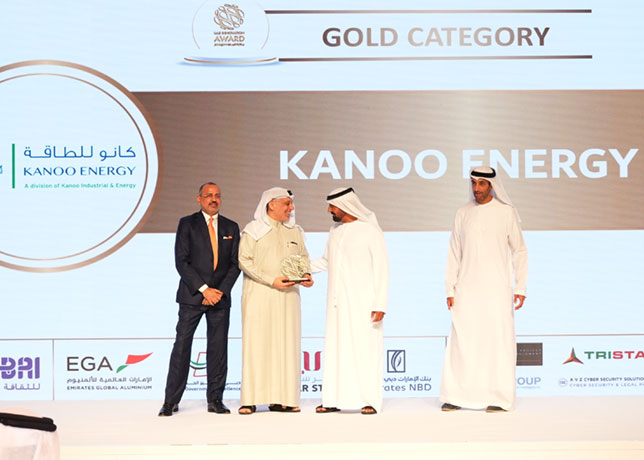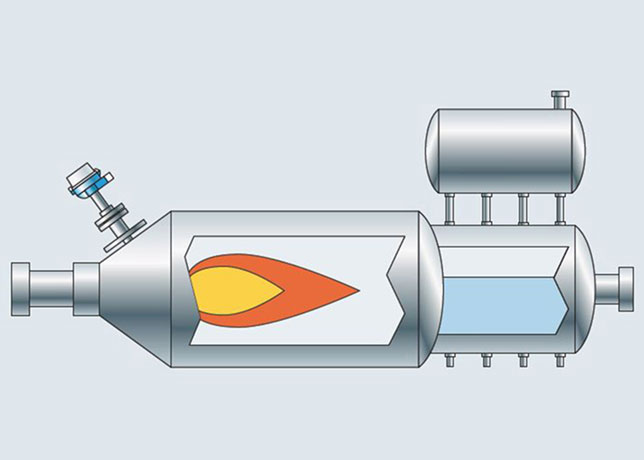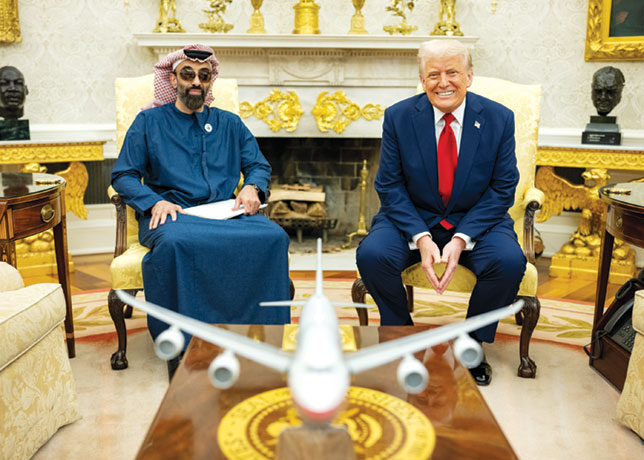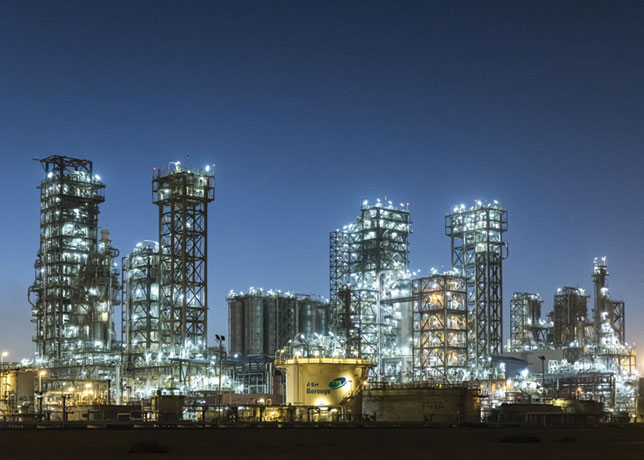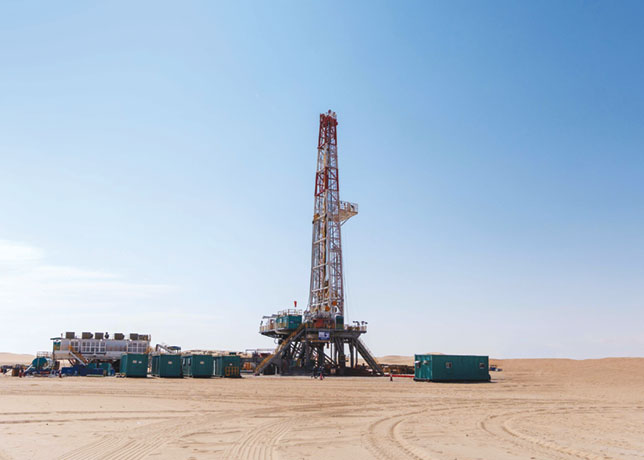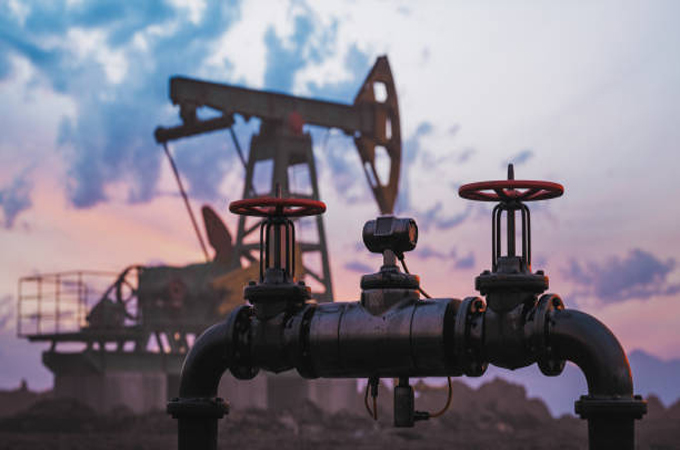 Image by imaginima/ iStock
Image by imaginima/ iStock
Russia's economy ministry has cut its forecast for the average price of Brent crude in 2025 by nearly 17 per cent from what it saw the price would be this year in its September calculations, according to documents obtained by Reuters.
The ministry envisages in its baseline scenario of economic forecasts for 2025 that the average price for Brent will be at $68 per barrel, down from the $81.7 per barrel it assumed in its September forecasts, Interfax reported.
The ministry sees the price for Urals, Russia's main blend, at $56 per barrel - against the $69.7 per barrel Russia has based its 2025 budget on -and below the $60 'cut off' price, which determines how much money is sent to the budget reserve National Wealth Fund (NWF).
"In the baseline scenario, at some point in time, we assume that the export price falls below the cutoff price, but then it goes up. We do not deplete the NWF in this setup," the Interfax news agency cited a representative of the ministry as saying.
The price of Urals crude oil is crucial for the country's budget as oil and gas revenues make up a third of all budget revenues.
"From a budgetary perspective, these are tough conditions, but normal," the representative added.
Russia's rainy day NWF has become the main source of financing Russia's now persistent budget deficit. The fund's liquid assets have dropped by about two thirds to just $39 billion from $112.7 billion before the Ukraine conflict.
The new estimates for the price of Urals and the exchange rate of the national currency mean a 21.5per cent decrease in the rouble price of Russian oil to 5,281 roubles per barrel, compared to a previous forecast.
The Russian central bank warned earlier in April that oil prices could be lower than forecast for several years as a result of lower global demand.
Urals prices fell to their lowest levels since 2023 in early April to trade at around $53 per barrel and traded below $60 last week.
Russia's oil and gas revenues fell by 10 per cent year-on-year in the first quarter, while the average rouble price for Urals since the start of April was by 31 per cent below the plan, forcing the state to start selling foreign currency for the first time this year.
The ministry also said it does not see big recession risks because of US President Donald Trump's trade wars and sees global economic growth this year at slightly more than 2 per cent.
"The world is still wider than the US, so some flows will be redirected," Interfax cited the ministry's representative as saying.
The ministry kept its gross domestic product growth forecast for Russia at 2.5 per cent and increased its inflation forecast to 7.6 per cent from 4.5 per cent earlier.
It also said it sees the rouble slightly stronger than what it had assumed earlier, at an average of 94.3 roubles per dollar this year, against an earlier forecast of 96.5 roubles. -Reuters


